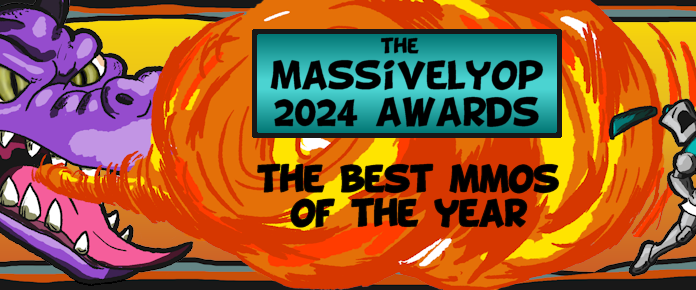
Last week, we wrote about how PUBG Corp is suing NetEase (and NetEase is threatening to sue everyone) over alleged copyright infringement in regard to the battle royale genre and the companies’ respective games, in particular PUBG itself. The litany of gameplay concepts PUBG Corp includes as original to PUBG baffled both us and our readers – it’s everything from loot acquisition and air drops to waiting areas and sound effects. It’s absurd. So how legal is it?
As gaming attorney Pete Lewin writes on Gamasutra today, generally what is copyrightable – in the US, where the lawsuit has been filed – is the expression of the game’s ideas rather than the ideas themselves. “For example, Nintendo owns Mario (the expression), but not the concept of a plumber collecting gold coins and rescuing princesses (the idea),” he explains. “As such, PUBG Corp will undoubtedly own PUBG’s unique code, art assets, audio files etc as these represent its particular expression of its game design choices.”
The wrench in the works here is the 2012 decision in Tetris Holdings, LLC v. Xio Interative, Inc.; the court there ruled that even though the defendant hadn’t actually ripped off any of Tetris’ assets in its copycat game, it had in fact cloned a significant chunk of ideas pioneered in Tetris, which therefore constituted infringement. In other words, Tetris Holdings beat a cloner by asking the court to look at the whole game, not just its mechanical bits and pieces.
And that means PUBG Corp’s case might not be as absurd as it sounds after all, though of course as the attorney points out, PUBG is a much more complicated game, and NetEase’s next move will be to highlight all the ways in which it’s different from the game so as to dodge the Tetris trap.












